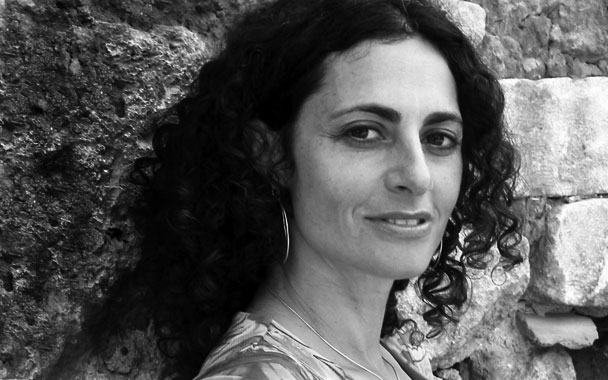As a doctor with a private family practice in San Francisco, Daphne Miller has seen her share of patients suffering from “Western diseases”: diabetes, depression, heart disease, and breast cancer. Rather than treating or preventing these ailments just with Western medicine, though, Miller—who completed a fellowship in integrative medicine at the University of Arizona after graduating from Harvard Medical School—also uses a nutrition-based approach, prescribing whole foods (local, seasonal, and organic if possible) and advising her patients to avoid most processed foods. Her new book, The Jungle Effect: A Doctor Discovers the Healthiest Diets from Around the World—Why They Work and How to Bring Them Home (HarperCollins), examines the traditional diets in places around the world where rates of Western diseases are minimal, offering a selection of recipes from each region. Gourmet Associate Web Editor Christy Harrison spoke to Miller about the problems with Americanized ethnic cuisine, the great thing about extra-hot Cheetos, and why al dente penne is less likely to give you diabetes than mushy spaghetti.
Christy Harrison: How did this book come about?
Daphne Miller: Originally it was supposed to be more of an encyclopedia of traditional foods from around the world. But as I started to travel and do my own research, and started to talk to patients about it, it became clear that it wasn’t just about documenting cultures. It was really about the whole experience of discovering these foods and how it affected me—and, by extension, my patients. So Okinawa, for example, has been written about almost ad nauseam at this point; but I chose it on purpose because all of these articles about it move away from the personal; you walk away and say, “Well, how does this affect me and my lifestyle here in Wichita?” And so I thought it was important to try and integrate it with stories from real people here.
CH: I was really struck by the parallels between your descriptions of your travel discoveries and the way that food magazines like ours cover travel—it’s about the search for the authentic, the search for relatively unknown regions that have sort of evaded the creep of modern industrialized foods. It makes you realize that the search for interesting, delicious food and the search for nutritious food have a lot in common.
DM: Absolutely, yes. And what’s becoming even clearer now, and I don’t think people have totally made the link yet, is that search for good food, nutritious food and saving the planet are also parallel. In most instances, these things all align.
We have no authentic collective food traditions in the United States, you know. Everybody has what their ancestors brought with them, which has basically been 100 percent erased at this point by the predominant food culture, which is big industrial food. Michael Pollan talks about this very eloquently; I can’t even begin to do as good a job as he does. But my book is kind of like part two—it’s, how can we start to take these key elements and begin to recreate an indigenous diet?
And I think step one really is going back to what’s already there, to understand these food combinations that have existed forever within the context of their culinary traditions. Step two, hopefully at some point, is that these morph into something that really makes sense within our current lives—but turns its back on Big Food. And I’m really optimistic about that these days. I think it’s going to start to happen. I mean, Northern California has always been a little bit on the vanguard in terms of food issues, and I do feel like there is a food tradition starting here. But still it needs to be in the context of your family to be something that really has deep meaning to you.
CH: That’s a good point, because people have such nostalgia and such memories of certain things that they ate growing up. In the book you talk about a patient, a woman who is really just staunchly against vegetables, and she says her family is a bunch of... I forget the word ...
DM: Dough dogs.
CH: Yes, dough dogs! Meaning that they ate lots of breads and meats without any vegetables. It was a strong identification for her.
DM: Yes, absolutely. And boy, was she relieved to hear that there are healthy people around the world that don’t sit there and eat big, leafy greens every day. That, for her, was revolutionary. And it gave her room to begin to explore foods that were more nutritious. Because she felt that she didn’t have to subscribe to this one-size-fits-all model of healthy eating, which is really what you get when you read these power-nutrition type books.



 Pinterest
Pinterest


